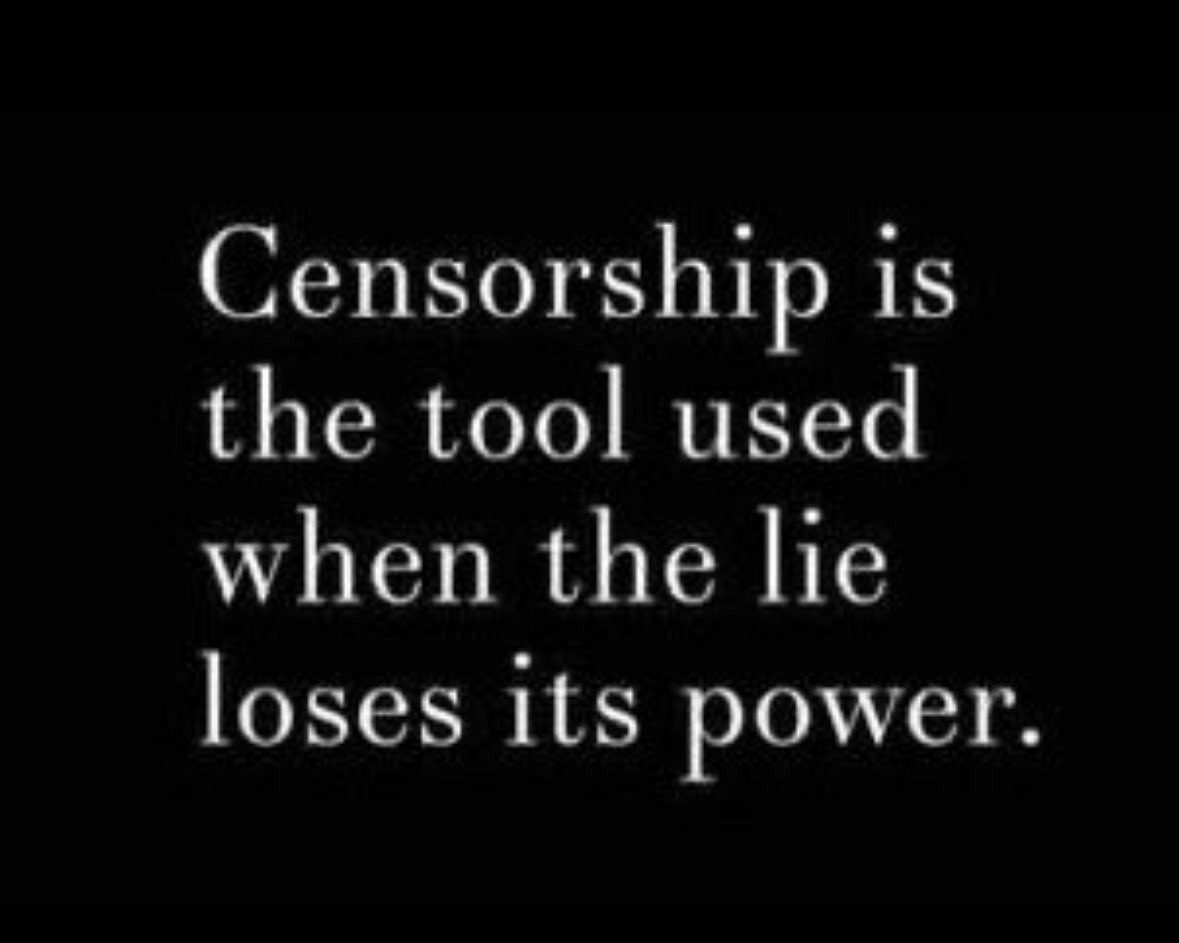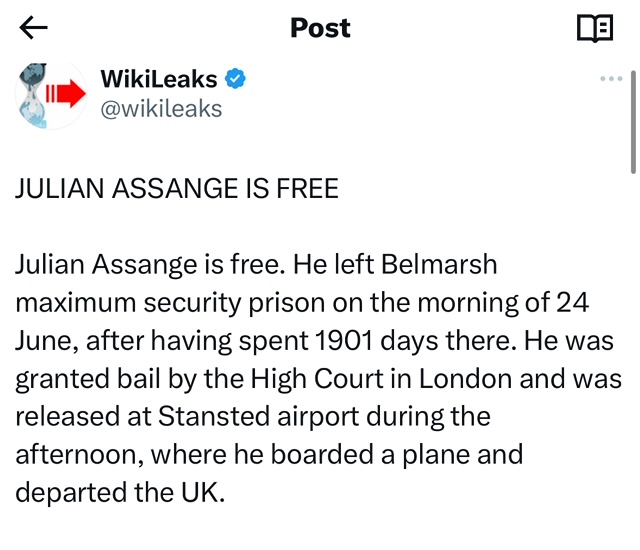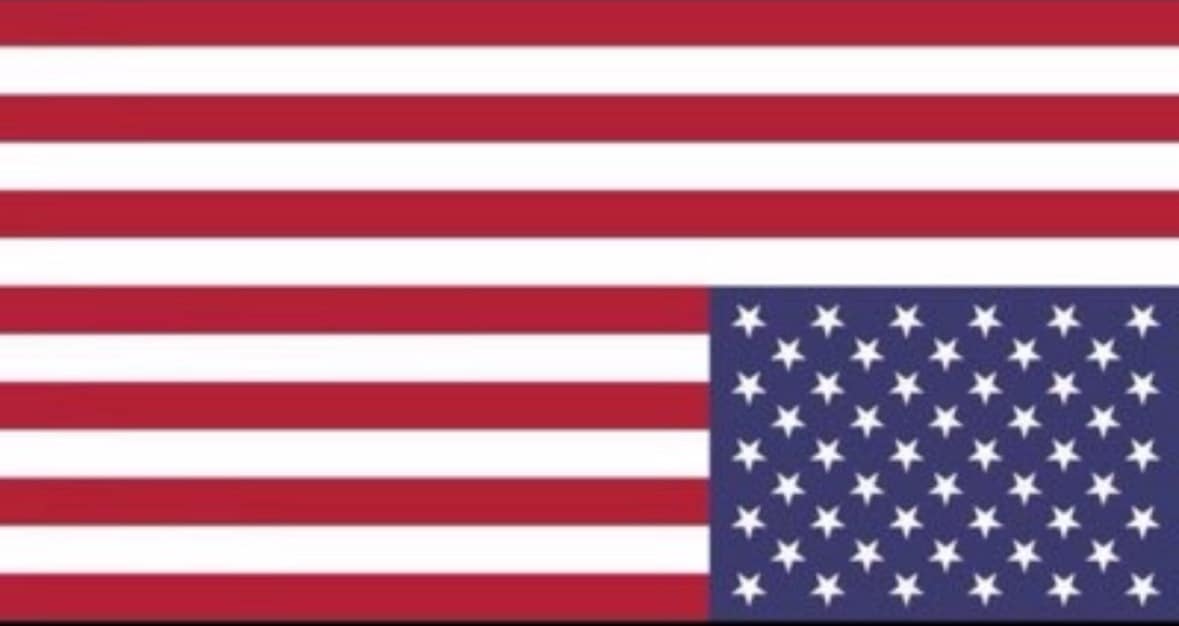Shadow Banning: Is manipulation of user data in the user to user, user to group and group to group internet publishing relationship. It’s an abuse of Section 230 immunity.
Section 230 gives broad immunity to publishers of information the internet. Its meant to allow publishers (providers who allow the public to post data ) like Truth Social, Parlor, Facebook, Twitter X, Instagram and others to publish user posts without liability for the content.
Shadow banning prevents viewers of published data from seeing published work.
It also prevents publishers from distributing their published work to viewers.
Shadow Banning rigs the game like a crooked card dealer or slot machine.
However, while the crooked card dealer or slot rigger gets arrested and or sued the shadow ban perpetrator cannot be held accountable no matter how egregious the behavior.
Shadow Banning is deceptive at best and fraudulent or criminal at worst.
It’s time for an update to Section 230. The abusive bully tactics of publishers who get immunity is outrageous and generally against public policy in all other situations. The practices are deceptive and would fall under many full tort actions in normal situations:
Deceptive Trade Practices Act Texas, Fraud, Misrepresentation plus punitive damages for reckless, wanton and intentional behavior. Bad actors (none specifically targeted in the list form above or accused) hide behind Section 230 and Arbitration agreements to prevent ANY and ALL recourse for intentionally deceptive and fraudulent activity. However, Section 230 does not shield publishers form the Texas Attorney General if you are in Texas and prtoably not your state either.
Did you pay for services and you are getting ripped off or just get banned based on your ideas?
Contact the attorney general https://www.texasattorneygeneral.gov/consumer-protection/file-consumer-complaint




